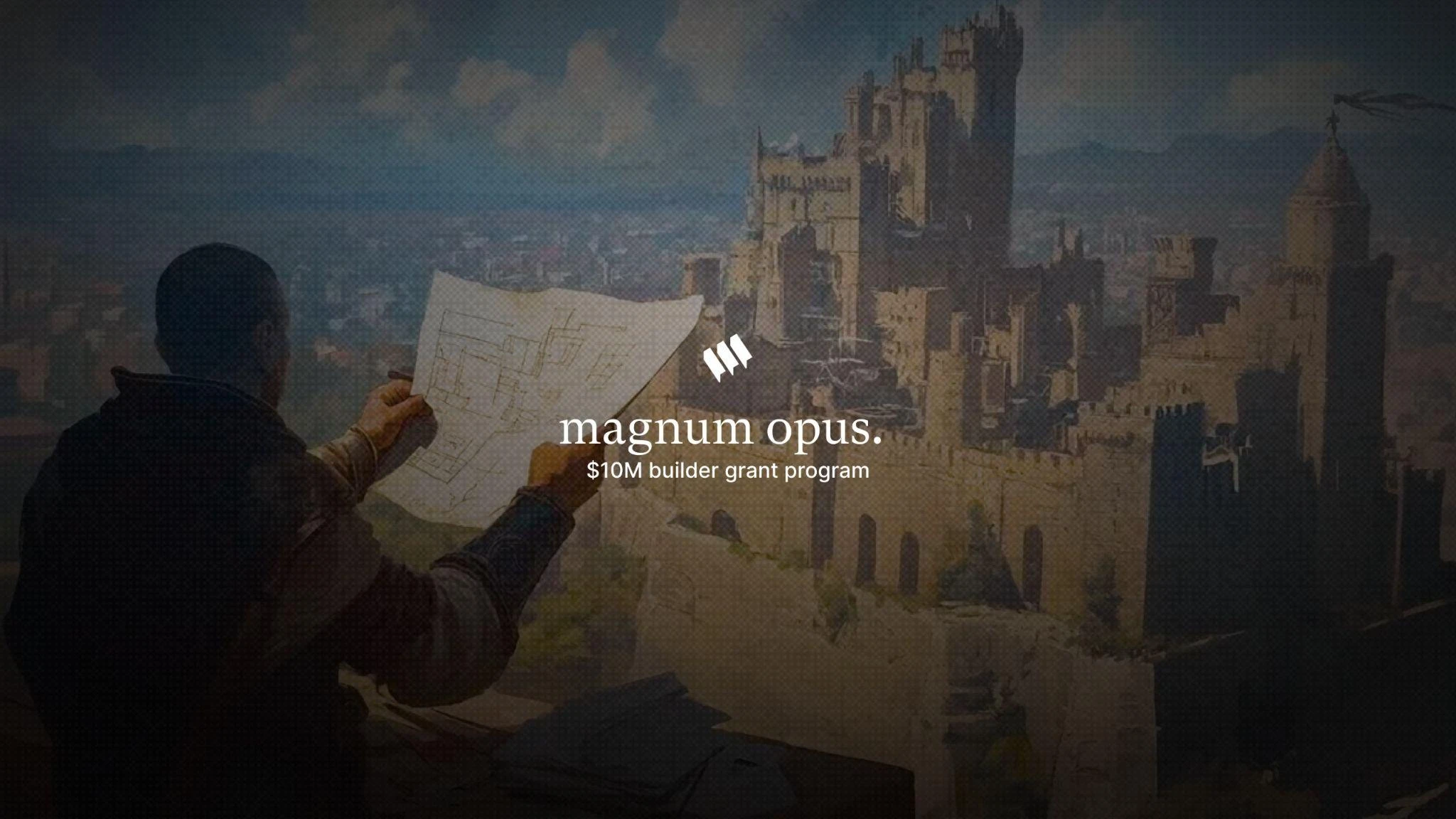
Mira Network , a provider of decentralized AI infrastructure for trusted verified intelligence, has launched Magnum Opus, a $10 million developer grant program.
Mira Network is committed to advancing AI infrastructure by eliminating bias and ensuring that AI systems produce higher accuracy and lower error rates. Mira provides developers with tools to build more reliable AI-driven applications through a decentralized verification mechanism.
The Magnum Opus program is designed to accelerate innovative projects at the intersection of generative AI, autonomous systems, and decentralized technologies. The program offers $10 million in retroactive funding to empower founders who are shaping the future of AI. Teams working on AI agents, machine learning models, and other AI-driven solutions will particularly benefit from Miras infrastructure and funding support.
Applications opened on February 3, 2025, with details available at opus.mira.network , and the first grants will begin in March. Mira will recruit 15-20 teams through a rolling selection process, ensuring customized support for high-potential projects. The first cohort includes AI and technology pioneers from companies such as Google, Epic Games, OctoML, MPL, Amazon, and Meta, highlighting the high quality of talent expected to participate in the grant program.
We believe the future of AI development lies at the intersection of innovation, autonomy, and decentralization, said Karan Sirdesai, CEO and co-founder of Mira Network, at the launch of the program. In addition to back-porting $10 million in grants, Magnum Opus is enabling the next generation of founders to push boundaries. This grant program is designed to nurture talent, encourage teamwork, and create a network of forward-thinking leaders who can shape the future of AI.
Unlike traditional accelerator programs, Magnum Opus provides a highly customized experience to meet the specific needs of each team. Participants will have the opportunity to receive retroactive funding and connect directly with investors. They will also have the opportunity to work and communicate with Miras engineers and AI leaders, and receive support in technology and product development.
The program will also support projects with distribution and marketing through PR, KOL referrals, and tailored growth plans. Even after developers reach funding program milestones and receive funding, Mira Network will continue to support participants through long-term guidance, ecosystem integration, and regional expansion support.
The Magnum Opus grant program goes beyond funding to foster a community of forward-thinking developers who can shape the next era of AI.
About Mira Network
Mira is building a foundational verification layer that enables trustless AI systems through advanced consensus mechanisms. The network combines sophisticated application transformations and distributed verification protocols to enable reliable AI execution at scale. With over 400,000 active users and deployed in multiple production environments, Mira has become a pioneer in AI verification technology. By reducing error rates and solving fundamental challenges in complex reasoning verification, Mira is setting a new standard for AI reliability - paving the way for truly autonomous AI systems that can operate without human intervention.










